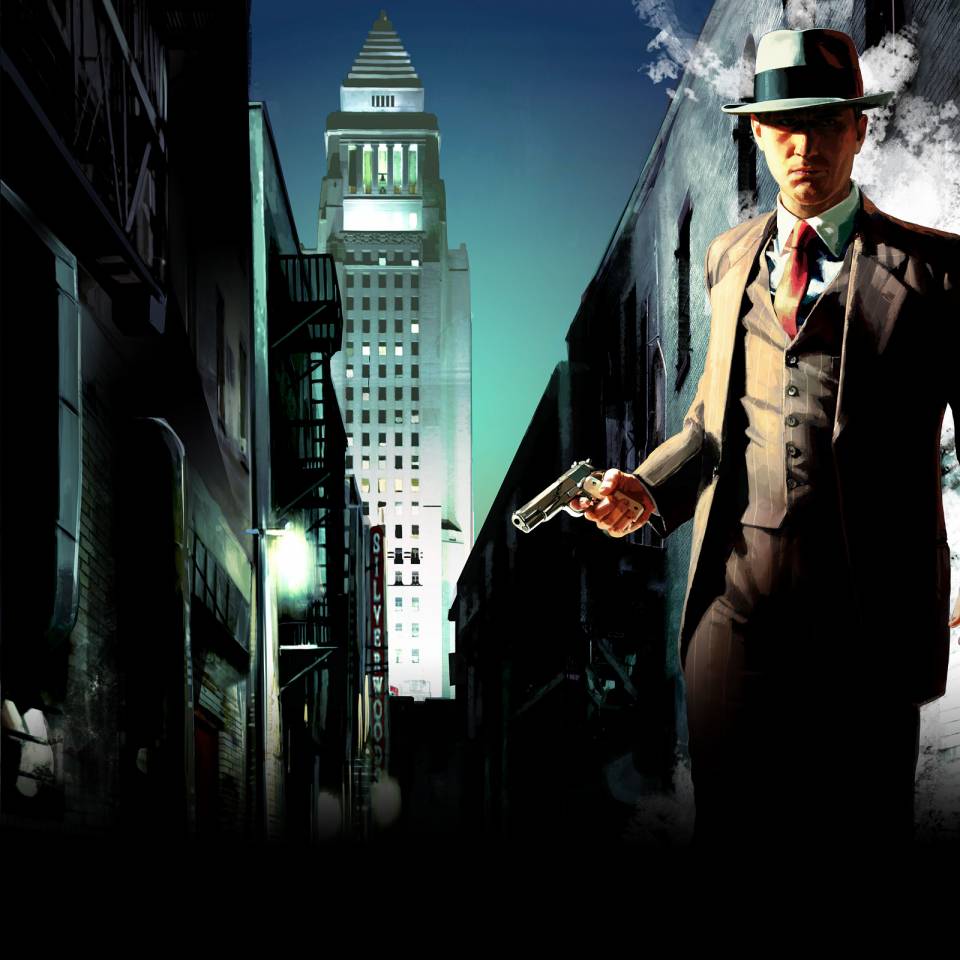
Una Cruickshank worked on L.A. Noire, but you wouldn't know it.
Even if you were patient enough to sit through the rolling credits after finishing the game, you wouldn't see her name. Cruickshank was one of the many people who passed in and out of the protracted L.A. Noire development process that began way back in 2004.
L.A. Noire was a PlayStation 3 exclusive to be published by Sony at one point, remember?
The only reason Cruickshank's listed on Moby Games right now as having contributed is due to a petition, located at www.lanoirecredits.com, organized by 149 developers who claim to have been left off the credits for the joint production between Rockstar Games and Team Bondi.
Cruickshank agreed to talk to me because the issue of proper crediting is not exclusive to L.A. Noire or Rockstar Games, though the company has been publicly criticized for similar problems in the past.
It's an industry-wide problem, one which has no clear solution and continues to weigh heavily over the community.
Rockstar Games declined the opportunity to comment on this story.
After graduating from college, Cruickshank started at Rockstar North in Edinburgh, Scotland where all of the major Grand Theft Auto releases have been crafted. She had humble beginnings at the studio, who was developing Grand Theft Auto: San Andreas at the time. She started as a temporary contractor, then offered a permanent position as a development assistant after the game shipped in October 2004 on PlayStation 2.
"After about a year I decided I was bored with being a development assistant, and that what I really wanted to be was a scriptwriter," she told me recently. "James Worrall, the lead writer on the GTA series, very kindly gave me some dialogue to work on and with that I was off: I've been writing in one field or another ever since."
During that time, she worked on both San Andreas and the PSP spin-off Liberty City Stories. She was from New Zealand, though, using a work visa. When that expired and she was unable to procure a new one, she left Rockstar North and applied at Team Bondi, a studio she'd never heard of at the time. Strangely enough, she was leaving Rockstar Games to end up working with Rockstar Games again on the company's adopted project, L.A. Noire, as a script assistant.
Cruickshank wasn't there when L.A. Noire's development started or finished, and when she joined the studio, she never heard of any official policy about crediting. What happens to anyone who works on the game but leaves before completion?
"It was understood among the developers that if you did not see the project through to completion you would lose your credit," she said. "I knew this because I had worked in game development before and had seen it happen: how the younger developers with no experience worked it out I have no idea. It was simply accepted as fact that if you quit, got fired or were made redundant you would have nothing to show for your work. In the course of a seven year development cycle, that happened to an awful lot of people, some of whom put years of work into a project they loved. The day I resigned, I knew that one of the things I was giving up was my credit, and it made the decision even more difficult."
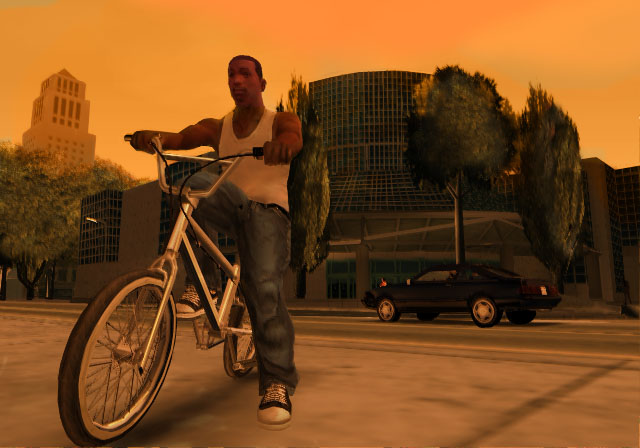
Ultimately, Cruickshank wasn't credited when L.A. Noire shipped in May. She left Team Bondi in January 2008.
Companies are not required to credit everyone who touched a project because there is not an industry-wide forced standard. The International Game Developers Association has established the closest thing we have by actually creating a standardization template for developers to use, but it's all optional.
"The L.A. Noire issue highlights the dichotomy relating to credits," said Brian Robbins, chair of the IGDA board of directors and founder of mobile developer Riptide Games. "Some developers and studio heads see a credit as a 'badge.' They see credits as an award ribbon that you get for crossing the finish line or the pat on the back for sticking through long hours and poor working conditions. The people that feel this way might consider giving credit to an artist that worked on the game two years previous and left for greener pastures after a year almost insulting."
Rockstar Games has been knocked for credits in the past, and it's the last incident that prompted the IGDA to create a Credits Standards Committee to write credits guidelines in the first place.
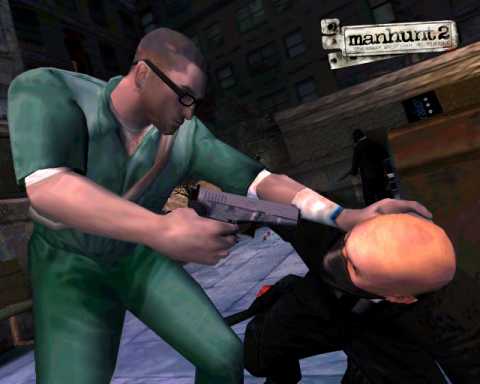
Jurie Horneman was employed at the now-defunct Rockstar Vienna, working as a senior project manager on Grand Theft Auto: Vice City for Xbox and a producer on Manhunt 2. He was credited for the former but not the latter, and made headlines back in 2007 for publishing a list with a much more complete list of developers who'd contributed to Manhunt 2.
"I would have been surprised if they had credited us for Manhunt 2 and the other AAA next-gen project we had in development," Horneman told me. "But I kind of saw it coming so I had the blog post with the full credits prepared. The list was made with help from and in cooperation with other ex-Rockstar Vienna people. What I didn't know is that Hannes Seifert, one of the two former managing directors of Rockstar Vienna, was involved with the IGDA credits effort. He knew I was preparing the blog post, so the fact that the IGDA revealed their credits standard at the same time was no accident, even if I didn't know about it at the time."
There wasn't a company-wide policy regarding credits at Rockstar Games, as far as Horneman ever knew. As a studio, however, Rockstar Vienna took it upon themselves to keep a credits document at the start of a project and keep it updated as people cycled through the company. Obviously, the list wasn't used.
"From looking at L.A. Noire and Manhunt 2, it seems they put everyone who was there at the end into the credits, and left off anyone who was not," said Horneman.
And while Rockstar Games has taken multiple hits regarding credits, Mythic Entertainment was under fire in 2008, after the launch of Warhammer Online. It was a similar situation, with anyone still working at Mythic Entertainment when the MMO launched listed in the lengthy credits. Whereas Rockstar Games has mostly ignored both situations, Mythic Entertainment actually built an online database to properly credit anyone who'd been a part of putting together Warhammer Online.
While these situations are unfortunate and uncomfortable, the IGDA applauds the result.
"While creating the standard has helped a few developers," said Robbins, "it’s the public outcry that emerges every time high profile games are accused of omitting people from the credits that really has impact."
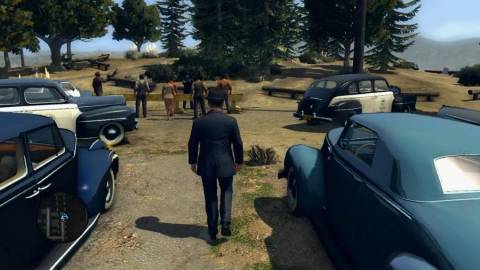
If Brendan McNamara had left L.A. Noire halfway through development, there would be headlines (in fact, that's happened anyway). No one noticed when Cruickshank left because she wasn't put in front of the press. Without a public record of her involvement, it's not surprising no one called foul when the game shipped without her name.
"For many of us, the fear of not being credited was a large part of what kept us working on L.A. Noire through a long and sometimes difficult development cycle," she said. "It wasn't that we didn't love and believe in the game, but this was a monumental project which demanded a lot from its staff over a very long time."
"A number of Team Bondi's developers were hired directly out of university or TAFE [technical and further education institutions in Australia]" she continued. "L.A. Noire was their first real job, and a few years into the project some began to feel that they literally could not leave--if they did, they would be in their mid-twenties or early thirties with what amounted to a blank resume. Fair and consistent crediting rules would have allowed those people to make their own decisions about their employment without fearing that they had wasted years of their working lives."
Horneman shared some of the same concerns, but said this wouldn't be the case for every individual.
"I have blank spots in my resume, it's impossible to tell how much it has affected my career," he said. "If I see someone with a 'AAA' resume, I am not surprised when there are a lot gaps and cancelled projects on there. And you can always find someone who worked with the person and get feedback that way. So I am perhaps a bit more sanguine than most about the value of credits. I can say I've been making games for over 20 years, which probably helps open doors."
Therein lies the rub for some developers.
With the rise of mobile and social games, the IGDA estimates the number of developers who go uncredited on projects has only risen in recent years. Without credit, a new programmer or artist just breaking in could be left with nothing to show for it.
In the movie industry, labor unions like the Writers Guild of America fight for the rights of its members, performing duties such as enforcing credits. Unions don't exist in video games. It's not to say unions are the only way to make credits more important in the eyes of developers and publishers, but unions are one way to collectively force an industry towards change.
"To force an industry to value credits and understand their worth will require employees to insist on receiving them," said Robbins. "As long as we 'understand' and 'accept' that crediting is only a participation award for the finishers, the industry will continue to treat employees that way."
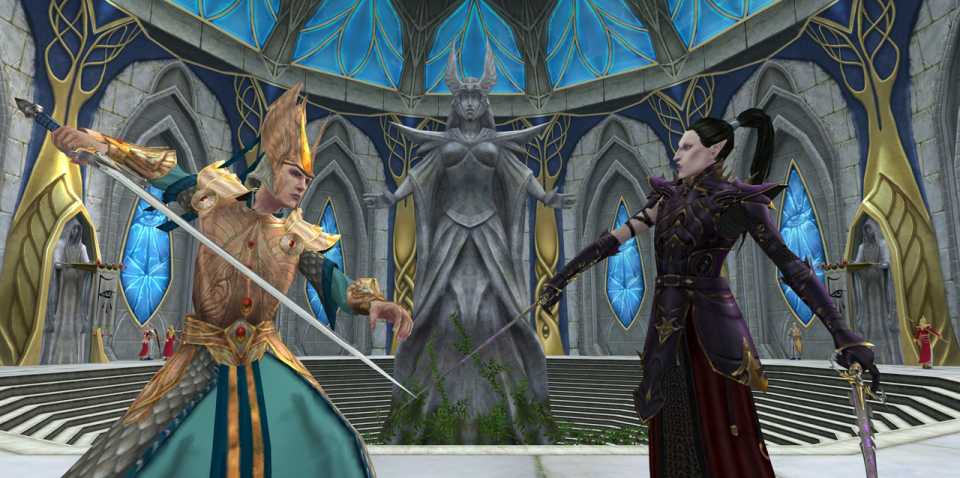
Games are still in the early stages of maturing as a medium. The recent U.S. Supreme Court decision defending the First Amendment rights of games is one signal of that, albeit an important one. As games become better known as creative works worth acknowledging, the demand for those who craft them to, in turn, receive acknowledgement for their work may grow.
"In game development, it is not unusual to be in a dark position where everything seems lost, and then, through a heroic effort involving overtime, suddenly everything works and is done on time, sort of," said Horneman. "From personal experience I can tell you that going through a phase like that is an incredibly bonding experience. And it then becomes very natural to believe that anyone who wasn't there doesn't know what it was like and maybe doesn't deserve to be credited. And, also, that you can solve any problem by crunching--hey, it worked last time! It takes maturity to realize that this a short term solution, and that you cannot build a medium to long term strategy based on that."
If the IGDA's prediction that more and more developers are being left off credits is true, we need more developers to be brave enough to come forward, and gaming advocates need to champion them on.
"The biggest enemy to an industry crediting standard is apathy," concluded Robbins.
121 Comments